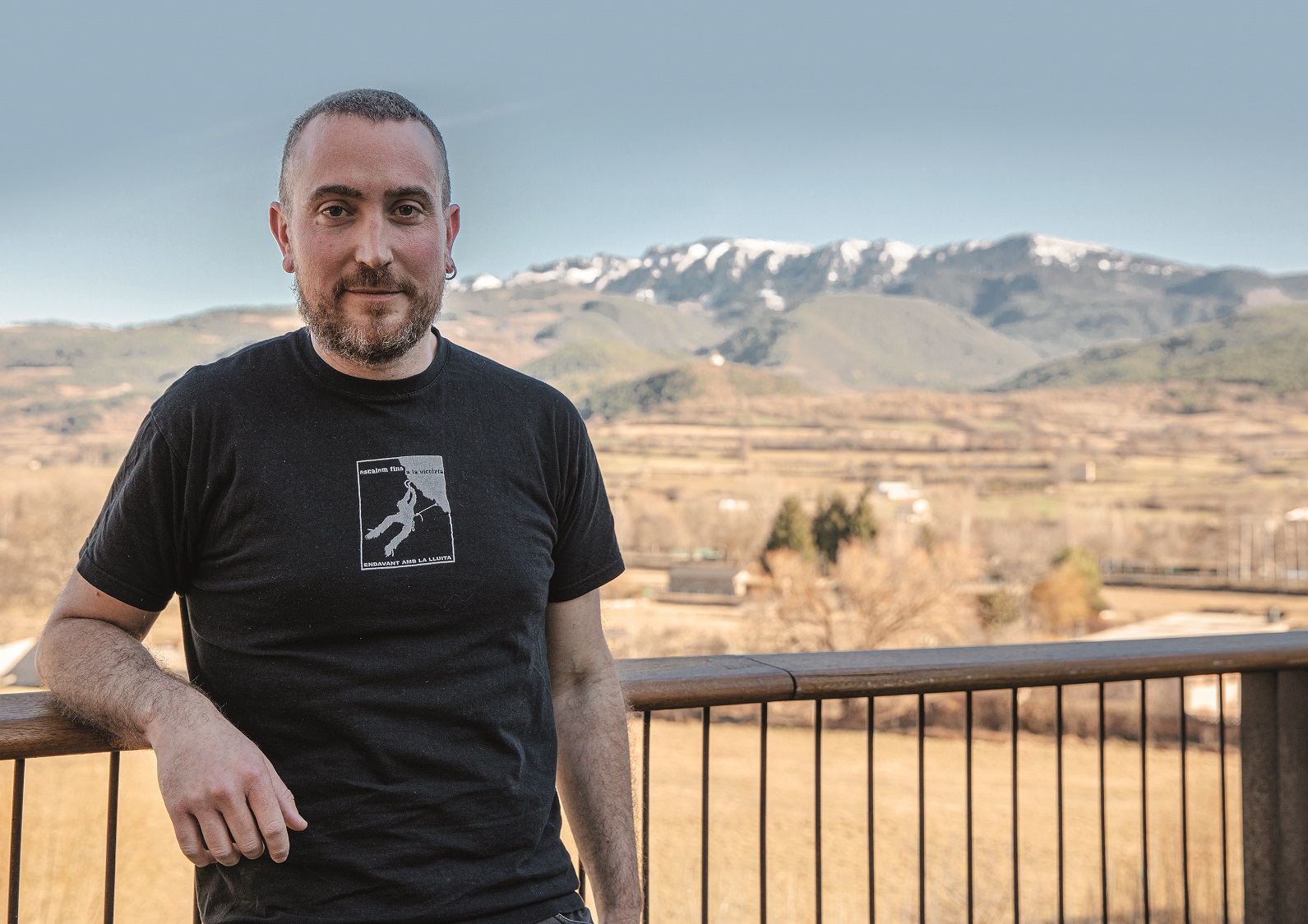Symptoms of a known Olympic model
- When a city is declared an organiser of the Olympic Games, one of the objectives is to create illusion among the population. There are many controversial decisions that need to be taken and the protection of citizens makes work easier. However, when in 2017 the International Olympic Committee (ROVB) chose Paris as the organizer of the 2024 Olympic and Paralympic Games, the news did not arouse great interest among the inhabitants of the French capital. Authorities insist that the renewal of the city is a great opportunity and will leave a very positive heritage for citizens, but it seems that the world’s largest sporting event is not at the height of the past.

The creation of new jobs, the regeneration of neighbourhoods and the low budget are some of the promises, but if we look at the latest editions, the increase in public debt, the displacement of the population, greenwashing or the militarisation of public spaces have been some of the consequences of the Olympic Games. In recent decades they have consolidated as the business of some local elites; they can hardly imagine the Paris banlieues or suburbs that the Games will improve their daily lives.
District 9-3 will be occupied by the district of Seine-Saint-Denis – le Quatre-Vingt Treize or
Neuf trois. An area of long industrial tradition, the second largest industrial area in Europe in the mid-twentieth century, until, in the process of deindustrialization begun in the 1970s, the factories of cars and steels that gave employment to a large part of the population began to close. Since then, all government rescue plans have failed and the rates of poverty and unemployment are twice the French average. In 1998 the football World Cup was held in France and a new stadium was built in Saint-Denis, but nothing changed. Seven years later, after unemployment and police barbarity, violent incidents were unleashed.
This stadium will be the center of the Games, and the organizers have allowed promises of district regeneration, such as the arrival of many companies, the creation of new businesses or the recovery of the river. At the moment, the poorest department in France is running out of the works of an Olympic city that will host some 15,000 athletes. On the return of athletes, it is expected that a quarter of the built housing will be made public and about a third will be rented to low-income workers and students through government agencies. The rest will be sold on the free market at a price that excludes residents and nourishes the spectre of gentrification in Saint Denis.
“We wanted to ensure that the heritage of the Olympic Games would make sense for the next generations to live here,” said Henri Specht, director of the Olympic city. It's about to see what the next generation is going to be, but if you look at the latest background, it's hard to be optimistic. For the 2012 London Games, the organizers promised to transform much of the Olympic city into social housing, which did not happen after the Games. In 2016, the Rio de Janeiro Bar turns Tijuca into a luxury neighborhood, encouraging its residents to look for new housing.
The model has been repeated too often. The Olympic Games are considered excuses for renovating a marginalized neighborhood, but transformed into a real estate business, expel many of its inhabitants. The price of housing in Saint-Denis has risen by one third in the last year and according to the collective Le Revers de la médaille, 3,000 homeless people have been expelled from the city.
The recovery of Sena will take place ten kilometres from Saint-Denis, around the river Sena. Excellent example in Paris, next to the
Eiffel Tower or Notre-Dame Cathedral. In addition, the recovery of the river is one of the main symbols of the “green” Games.
At the Olympic Games held in Paris in 1900, swimming tests were conducted in Sna. The bathing of the population was frequent at that time, but since 1923 it has been prohibited by the degree of water contamination. The French Government has made a great deal of money to recover the river during the games. EUR 1.4 billion has been invested in the implementation of two disinfection units and a rainwater collection tank in the Seine treatment plants. There they want to do long-distance swimming and triathlon tests. However, in the last measurements the water quality level has yielded worse results than expected, and in the face of the doubt that this has aroused, the mayor of Paris, Anne Hidalgo, has proposed a “collective bath” before the Games to show that the waters are clean. President Emmanuel Macron has also said he will bathe.
The opening ceremony was scheduled for 500,000 viewers, but it has dropped to 300,000 for security reasons. In this huge propaganda campaign the fame of the city and the state is played, and the organizers do not want to run any risk. That is precisely why the budget is squeezed out in all editions and the excuse for using it as a test bench for new security technologies. Paris is no exception, they are going to test a system controlled by artificial intelligence in the name of security, although after the controversy raised, the French Government has ensured that it will not use technology to know the face.
The repeating model has been pointed out by the International Olympic Committee that
Paris 2024 will open a new era in the history of the Games, which will not be as expensive as the previous ones and will not harm the environment. Unfortunately, there is reason to think differently. The initial budget has increased considerably and there are suspicions of corruption around the organisational commission, as last October the French police revised the headquarters of the Games to seek information on the awards of some twenty infrastructure works. Public transport will also not be free for the duration of the Games: on the contrary, they announce that the price of tickets will double. Citizens also complain about the high price of tickets. The most famous athletes compete in your city, but many people won't be able to see it live.
Thus, it can be expected that the Paris Games will not be an announced holiday for workers, the poor or the homeless. There will be a big party, yes, but above all for municipal politicians and construction companies. In any event, the Olympic bill will be paid by the next Parisian generation.
Iñigo Llopis igerilari donostiarrak hiru domina irabazi ditu Munduko Txapelketan eta 2021eko Tokio Paralinpiar Jokoetatik zilarra ekarri zuen etxera. Konporta Kirol Elkartean aritu ondoren, Basque Team klubean dabil gaur egun, “Gipuzkoan maila handia dago”... [+]
Txinako Gobernuak egindako “genozidioa eta gizateriaren aurkako krimenak” salatzeko, ez dute ordezkari diplomatikorik bidaliko neguko jokoetara, baina atletek joan ahal izango dute. Txinak irmo erantzun du: “AEBek ordaindu egingo dute boikotagatik”.























